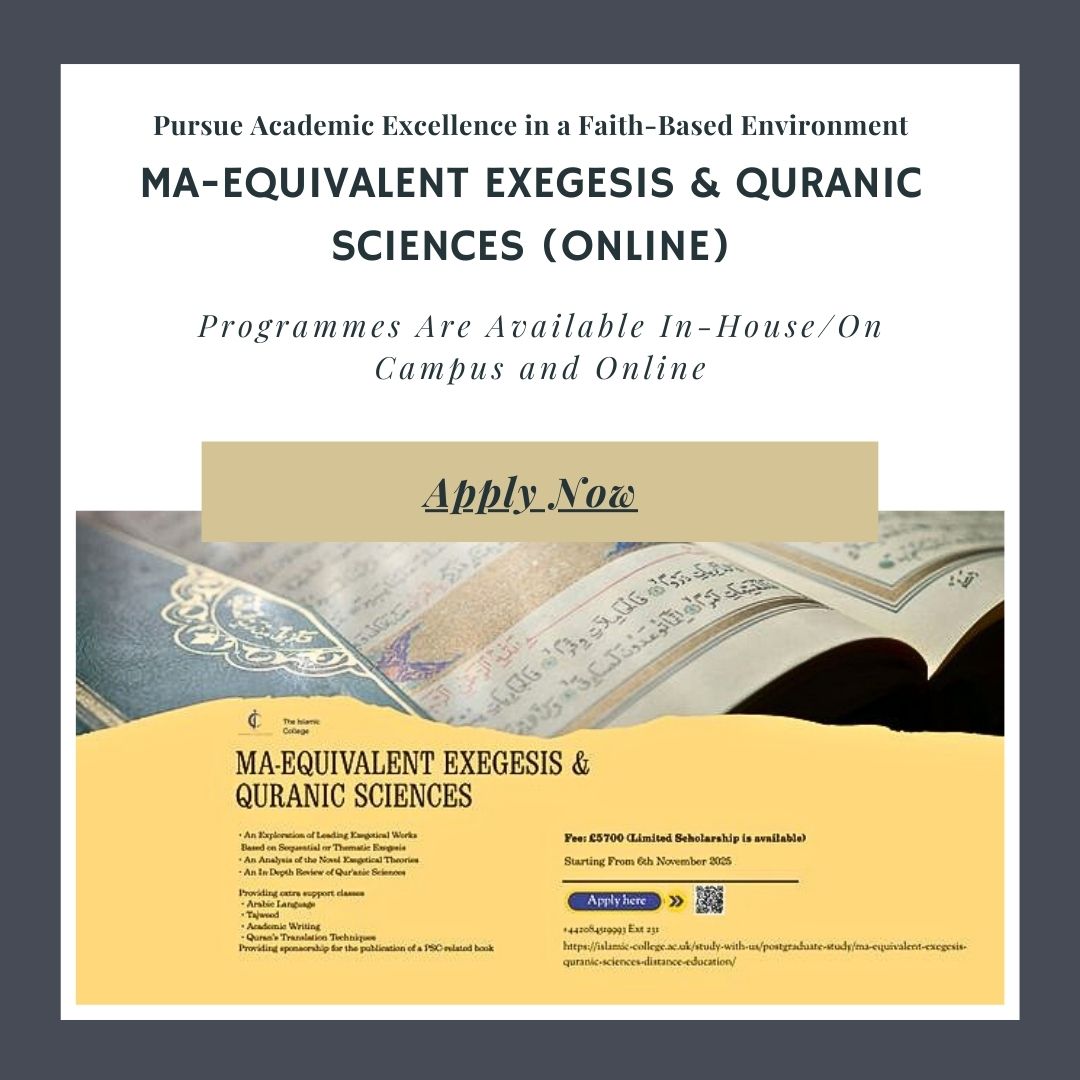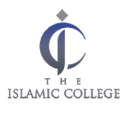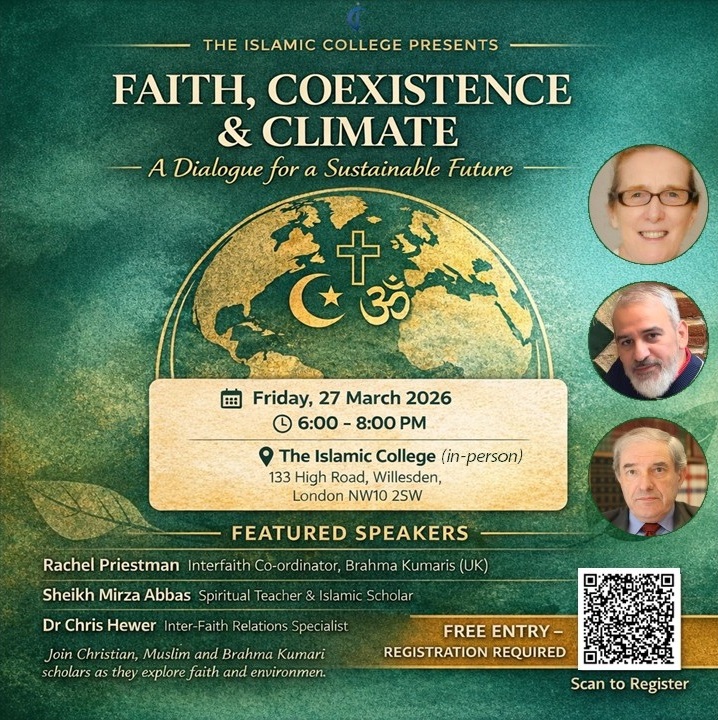
MA-Equivalent Exegesis & Quranic Sciences (Online)

About the Programme
In this Programme, students will engage in an in-depth study of the Qur’an, the Muslims’ divine scripture, utilising different exegetical methods.
Qur’anic exegesis provides the knowledge and tools to understand the meaning of each word and phrase and become familiar with the underlying meaning of the text. In this programme, the students will become well-versed in the principles of exegesis and Qur’anic sciences. They will engage in their own independent research by reading the Qur’an and consulting major exegetical works while using sequential or thematic methods and employing different theological, philosophical, mystical, narrative and jurisprudential approaches of different Islamic intellectual traditions, especially that of Shi’i school.
The students will become familiar with both the external and internal hermeneutic principles governing the understanding of the text. They will learn different exegetical methods, including Qur’an-by-Qur’an, narration-based, reason/intellect-based, and mystical methods. The programme will also delve into the views of leading orientalists regarding the Qur’an, its compilation and qira’āt.
Equivalent Programmes are designed to provide all those who are interested in acquiring in-depth knowledge about various aspects of Islamic law, regardless of their previous academic background. Students who successfully complete the Islamic College’s equivalent Programmes can apply for higher degrees at other universities.
All students are enrolled and attend The Islamic College for their programmes of study. Islamic College is registered with the Ofs but is not an awarding body, nor accredited or validated by another awarding body. Our programmes are designed and delivered at The Islamic College. Graduates will be provided the certificate of completion from the Islamic College for their equivalent academic level of study. An Equivalent academic level means a qualification will be accessed as being comparable in terms of its content, standard, and the knowledge and skills it demonstrates to the other formal qualification.




